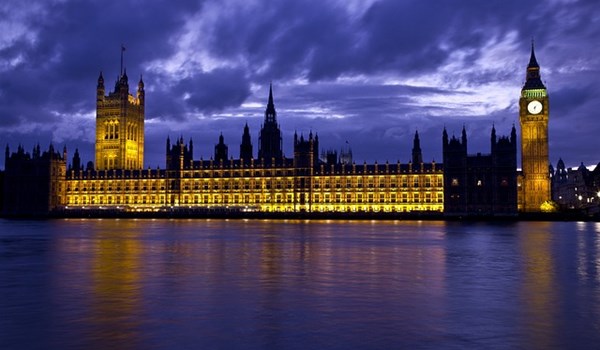The International Monetary Fund (IMF) recommended that Nigeria impose registration or licensing requirements on global digital asset trading platforms, in a report published May 9. The advice follows the IMF’s 2024 Article IV consultation with Nigeria, in which the international body attempts to assess a country’s economic health and forestall future financial problems.
In its latest “staff report” to Nigeria, the IMF emphasized the risks to stability from illicit flows, “including through crypto asset platforms,” and the need for a more robust regulatory framework to curb abuse in the space.
“Rapid growth of transactions on FX trading platforms poses new challenges,” the IMF said. It went on to recommend that “global crypto trading platforms be registered or licensed in Nigeria and subject to the same regulatory requirements applicable to financial intermediaries following the principle of same activity, same risk, and same regulation.”
The IMF is a global financial institution that aims to foster international monetary cooperation, stabilize exchange rates, facilitate balanced growth, and provide financial assistance to its 190 member countries.
The global institution’s advice came in the wake of the Central Bank Nigeria (CBN) voicing concerns earlier in the year over the substantial volume of transactions from unidentified sources flowing through digital asset exchange platforms.
“Certain practices go on that indicate illicit flows going through a number of these entities,” Olayemi Cardoso, Nigeria’s central bank governor, said in February. “In the case of Binance, in the last one year alone, $26 billion has passed through Binance Nigeria from sources and users who we cannot adequately identify.”
These comments came the same month that the Nigerian government instructed telecommunication service providers within the country to temporarily restrict access to all digital asset exchange platforms as part of its efforts to stabilize its fast-declining currency, the Naira.
At the time, Presidential aide Bayo Onanuga also suggested that Binance and other exchanges should not be allowed to operate within the country.
“Binance, which is blatantly setting exchange rate for Nigeria, hijacking CBN role, is a cryptocurrency trading platform, and suffers access limitations from multiple jurisdictions, such as the US, Singapore, Canada, and the UK,” Onanuga said.
He went on to suggest a complete ban on digital assets in Nigeria, calling on the central bank and the country’s top financial sector enforcement agency, the Economic and Financial Crimes Commission (EFCC), to “move against these platforms trying to manipulate our national currency to Ground Zero. Crypto should be banned in our country or else this bleeding of our currency will continue unabated.”
While it’s unlikely the extreme solution of an outright ban on digital assets will become policy, in the meantime, a tightening of existing rules is likely—and something the IMF report also endorsed.
“The authorities agreed with the importance of maintaining external stability,” said the IMF. “They see pressure on the exchange rate now coming from illicit flows, including through crypto asset platforms, and not being driven by fundamentals, noting that some ceilings on FX access are intended to curb abuse.”
In order to prevent abuse, another IMF recommendation was that authorities enforce anti-money laundering (AML) and counter-terrorist financing (CFT) preventive controls in digital asset trading platforms and other virtual asset service providers, “through effective AML/CFT risk-based supervision.”
Nigeria’s attempted digital asset crackdown
Over the past few years, Nigerian authorities have taken a hard stance on the digital asset space.
In 2021, the CBN banned all domestic banks and financial institutions that accept transferable deposits (“Deposit Money Banks”) from digital asset transactions.
Currently, banks and other financial institutions are still prohibited from holding, trading and/or transacting in digital assets on their own accounts. However, in December of last year, the CBN issued a circular permitting certain “virtual asset service providers (VASP)” activities.
The new rules enabled financial institutions to provide banking services to VASPs, as well as set out how financial institutions should open accounts for VASPs, provide designated settlement accounts and services, and serve as channels for foreign exchange inflows and trade for companies transacting in digital assets.
However, with the country’s central bank and leading lawmakers seemingly set against the digital asset space, or large portions of it, it’s uncertain whether this—somewhat—easing of restrictions will last.



